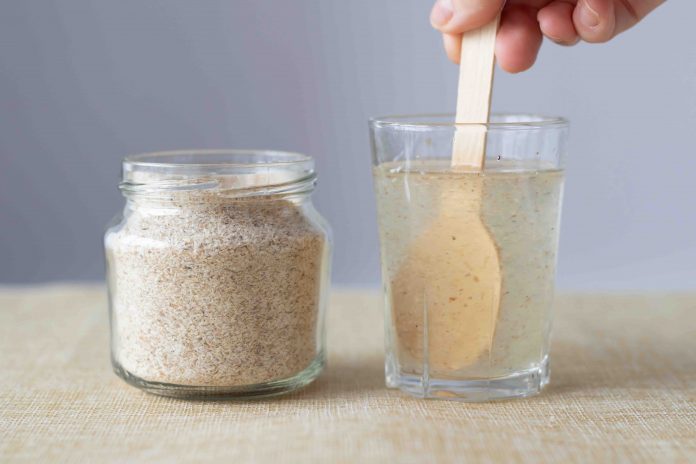A small Australian study has found that adding a high-fibre supplement containing a resistant starch called HAMSAB (high-amylose maize-resistant starch modified with acetate and butyrate) to people’s diets could help to reduce their blood pressure by changing their gut bacteria.
The study, which was published in Nature Cardiovascular Research, included 20 people who were given food for three weeks that either contained HAMSAB or a placebo.
The group who ate the diet with the resistant starch had a clinically significant drop in their systolic blood pressure.
The HAMSAB diet also altered the people’s gut bacteria, according to the study’s findings, and these changes are like to be what helped lower blood pressure.
The researchers say the drop in blood pressure following the HAMSAB diet is equivalent to taking a blood-pressure-lowering medication and could help reduce coronary death by 9% and stroke death by 14%.
What is resistant starch?
According to The Johns Hopkins University, resistant starch is a type of carbohydrate that “resists digestion in the small intestine and ferments in the large intestine”.
As the carbohydrate ferments it acts as a prebiotic – a compound that good gut bacteria feed on.
Other health benefits of resistant starch include increasing satiety, preventing/managing constipation, lowering blood glucose levels, decreasing cholesterol and reducing the risk of colon cancer.
Food sources of resistant starch include:
- Oats;
- Cooked and cooled rice;
- Healthy grains such as sorghum and barley;
- Beans and legumes;
- Raw potato starch;
- Cooked and cooled potatoes;
- Green bananas;
- Hi-maize resistant starch; and
- Other cooked and cooled starchy carbs such as sweet potatoes.









